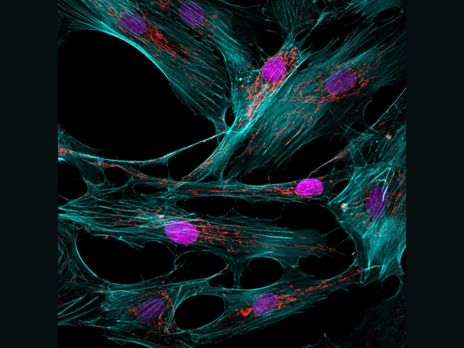Scientific Highlights
PUBLICATIONS
– Silva AI, Direito M, Pinto-Ribeiro F, Ludovico P, Sampaio-Marques B. Effects of Intermittent Fasting on Regulation of Metabolic Homeostasis: A Systematic Review and Meta-Analysis in Health and Metabolic-Related Disorders. J Clin Med. 2023 May 26;12(11):3699. doi: 10.3390/jcm12113699.
Klionsky DJ, Abdel-Aziz AK, … Sampaio-Marques B… et al., Guidelines for the use and interpretation of assays for monitoring autophagy (4th edition). Autophagy. 2021 Jan;17(1):1-382. doi: 10.1080/15548627.2020.1797280.
Sampaio-Marques B, Guedes A, Vasilevskiy I, Gonçalves S, Outeiro TF, Winderickx J, Burhans WC, Ludovico P. α-Synuclein toxicity in yeast and human cells is caused by cell cycle re-entry and autophagy degradation of ribonucleotide reductase 1. Aging Cell. 2019 Aug;18(4):e12922. doi: 10.1111/acel.12922.
Sampaio-Marques B, Felgueiras C, Silva A, Rodrigues M, Tenreiro S, Franssens V, Reichert AS, Outeiro TF, Winderickx J and Ludovico P. SNCA (a-synuclein)-induced toxicity in yeast cells is dependent on sirtuin2 (Sir2)-mediated mitophagy. Autophagy. 2012, 8(10):1494-509. Doi: 10.4161/auto.21275.
AWARDS
1º INL-ICVS Hackathon – prize of 5 K € with the project: “On-chip selection of exosomal vectors for neurodegenerative diseases treatment” (2017).
Prémio Curso Young Investigator with the course “Autophagy in health and disease: conceptual and methodological advances” ICVS, Escola de Ciências da Saúde (2014).
Young Scientist Prize – SPM Tribute to Isabel Spencer-Martins – 2013.









